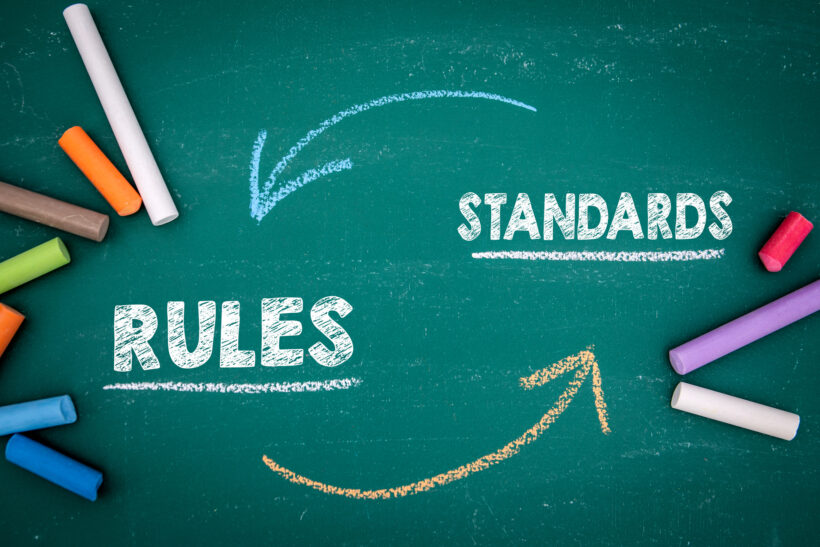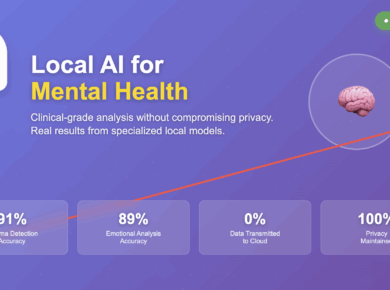Table of Contents Show
If you take credit cards online, you need to make sure your website is PCI compliant. This protects your customers’ credit card data and helps you meet important security standards. Without it, you could face data breaches, big fines, and lose your customers’ trust.
The easiest way to check if your hosting provider is PCI compliant is to see if they’re listed on the Visa Global Registry of Service Providers or if they have a current Attestation of Compliance. Some companies might be compliant even if they’re not on the registry or haven’t had a third-party assessment. Your choice depends on what you need.
Let’s figure out together if you need PCI-compliant web hosting and how to make sure you have it.
Do you need PCI-compliant Web Hosting?
It’s a straightforward question, but When I started ZZ Servers in 2006, PCI compliance rules were confusing for both hosting providers and their customers. Customers often didn’t understand the terminology and technologies involved, and service providers didn’t always know how to implement the necessary measures.
But it’s pretty simple when you break it down with a few simple checks:
- Do you have a website?
- Do you accept credit card payments on this website?
Depending on your answers, there are three possible scenarios:
- You don’t have a website.
- You have a website but don’t accept credit card payments.
- You have a website and do accept credit card payments.
If you fall into the last category, where you have a website that accepts credit card payments, then yes, you need to think about PCI compliance.
What is PCI-compliant Web Hosting?
PCI-compliant web hosting means your business website meets the security standards set by the Payment Card Industry Data Security Standard (PCI DSS). These rules are designed to protect credit card data and ensure secure transactions.
Here are the main requirements your web hosting provider must follow:
- Build and Maintain a Secure Network and Systems
- Install and maintain a firewall to protect cardholder data.
- Avoid using default passwords and security settings provided by vendors.
- Protect Cardholder Data
- Protect any stored cardholder data.
- Encrypt cardholder data when transmitted over public networks.
- Maintain a Vulnerability Management Program
- Protect systems against malware and keep antivirus software up to date.
- Develop and maintain secure systems and applications.
- Implement Strong Access Control Measures
- Restrict access to cardholder data based on business needs.
- Identify and authenticate anyone accessing system components.
- Restrict physical access to cardholder data.
- Regularly Monitor and Test Networks
- Track and monitor all access to network resources and cardholder data.
- Regularly test security systems and processes.
- Maintain an Information Security Policy
- Maintain a comprehensive policy that addresses information security for all employees.
To protect your business and customers from security breaches and liabilities, make sure your hosting provider complies with PCI DSS.
Why do you need PCI DSS-compliant hosting?
Choosing PCI DSS-compliant hosting is important for several reasons, all crucial for the health and success of your e-commerce business.
- Avoid Severe Penalties: Non-compliance with PCI DSS can result in hefty fines from credit card companies and banks. These penalties can be substantial enough to impact your business’s financial health.
- Prevent Costly Data Breaches: Data breaches are expensive and can damage your business’s reputation. PCI-compliant hosting helps protect sensitive cardholder data from cyberattacks and unauthorized access, reducing the risk of breaches.
- Maintain Customer Trust: In business, trust is everything. Customers are more likely to shop on sites they believe are secure. By ensuring your hosting provider is PCI DSS-compliant, you show your customers that you prioritize their safety, which can increase their confidence and loyalty.
- Ensure Safe Processing, Storage, and Transmission of Data: PCI-compliant hosting ensures that cardholder data is processed, stored, and transmitted securely. This includes using encryption, secure networks, and up-to-date security measures to protect data at all stages.
- Enhance Your Company’s Credibility: Compliance with PCI DSS protects your customers and boosts your company’s credibility. Meeting these security standards demonstrates your commitment to protecting customer data, which can enhance your reputation in the industry.
- Regulatory Obligation: Adhering to PCI DSS is not optional for businesses that handle credit card transactions. It’s a regulatory requirement to safeguard businesses and consumers from fraud and data theft.
- Comprehensive Security Measures: PCI DSS encompasses a wide range of security practices, including:
- Installing and maintaining a firewall to protect data.
- Encrypting cardholder data across public networks.
- Regularly updating antivirus software.
- Implementing strong access control measures.
- Monitoring and testing networks regularly.
Selecting PCI DSS-compliant hosting is important for protecting your business from financial penalties, data breaches, and loss of customer trust. It ensures that you process cardholder data securely, comply with regulatory requirements, and maintain a trustworthy online presence. You invest in your business’s long-term success and security by prioritizing PCI compliance.
How do you know if your Host is PCI Compliant?
To determine if your host is PCI compliant, check if they’re listed on the Visa Global Registry of service providers. This registry confirms that the hosting provider meets the necessary security standards set by the Payment Card Industry (PCI). If they’re not listed, it’s a red flag.
Ensuring your hosting provider is PCI compliant is critical for the security of your e-commerce site. Here’s how you can verify their compliance:
- Check the Visa Global Registry of Service Providers: This registry includes service providers that adhere to PCI DSS standards, including web hosting companies. If your hosting provider is listed here, it strongly indicates their compliance. However, even if they’re not listed, they might still be PCI-compliant.
- Review Their Compliance Documentation: A PCI-compliant host will have documentation and certifications to prove their compliance. Ask for their most recent Attestation of Compliance (AOC) and Report on Compliance (ROC). These documents are prepared by a Qualified Security Assessor (QSA) and indicate that the host meets PCI DSS requirements.
- Evaluate Their Security Policies and Procedures: Check if your hosting provider has a clear and robust security policy. They should regularly review and update their security measures to adapt to new threats. Continuous updates and rigorous policies are signs of a committed provider.
- Inspect Their Infrastructure Security: A PCI-compliant host must ensure strong infrastructure security. This includes firewalls, encryption, intrusion detection systems, and regular security audits. Ask about their security protocols and how they handle data protection.
- Ask About Managed Hosting Services: Providers offering managed hosting services often include additional security measures like continuous monitoring, security hardening, and regular updates. These services are crucial for maintaining a secure environment for your e-commerce site.
- Check Their Acknowledgment of PCI Compliance: A reputable hosting provider will openly discuss the importance of PCI compliance and detail their efforts to maintain it. They should emphasize their commitment to secure transactions and protecting cardholder data.
Verify your hosting provider’s PCI compliance by checking the Visa Global Registry, reviewing their compliance documentation, evaluating their security policies, inspecting their infrastructure security, inquiring about managed hosting services, and confirming their acknowledgment of PCI compliance.
Conclusion
So, do you need PCI-compliant web hosting? If you accept credit card payments on your website, the answer is a resounding maybe. It might seem like a lot to handle, but with the right hosting provider and a clear understanding of what’s required, you can navigate PCI compliance with confidence.
Check if your current provider meets these critical requirements. If not, find a PCI DSS Level 1 service provider. Your business’s reputation and your customers’ trust are on the line.
If you have any questions or need further guidance, let’s chat. Your business’s security and success are worth the effort.
Thanks for reading, and here’s to keeping your e-commerce site secure and thriving!






